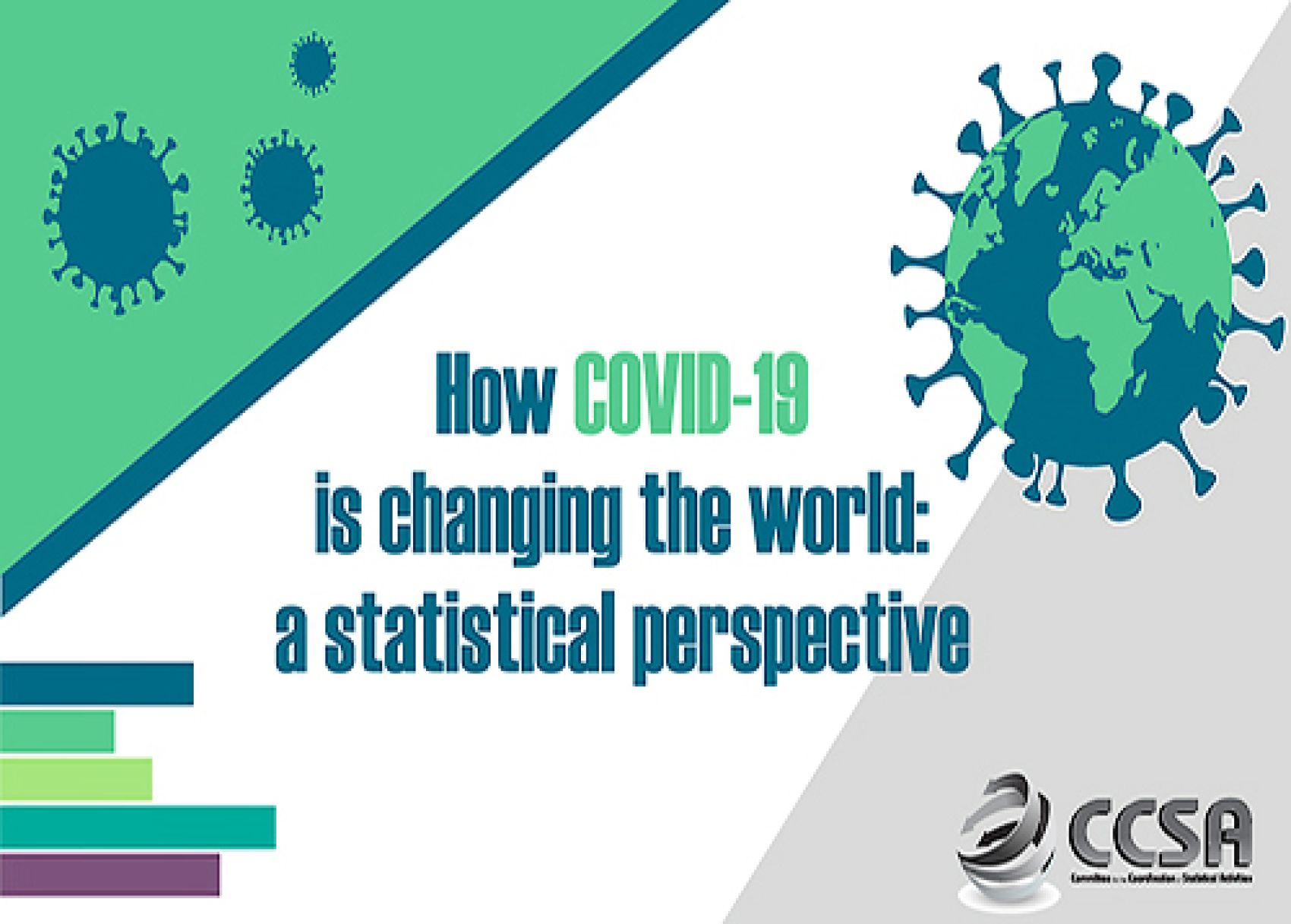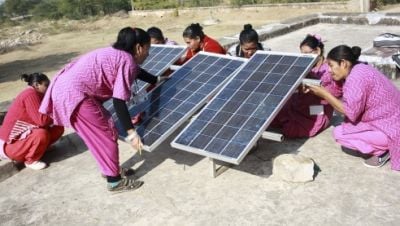The newly released report by the Committee for the Coordination of Statistical Activities (CCSA) of the UN system and supranational organizations, brings a snapshot of data and statistics on how COVID-19 is affecting the world today, from economic and environmental fluctuations to changes in income, education, employment ,domestic violence and more. It looks across countries, regions, and vulnerable subpopulations. The report brings a clear message: COVID-19 is an unprecedented crisis, which affects all aspects of our lives.
Every society is vulnerable to shocks and adversities, but some suffer far more and need longer to recover. Countries at a lower level of human development regularly experience a host of challenges which affects their vulnerability, such as high inequality, high poverty rates, and limited access to public safety nets. The factors and more are included in the HDRO's COVID-19 and Human Development: Preparedness and Vulnerability Dashboards.
The report captures how the world is rapidly changing.
People do not have enough food. In many developing countries, the lack of a public safety net means those newly out of work may not be able to afford sufficient food. While people in developed countries are likely to face disruptions in the food supply side, given that agricultural production in these countries relies on disrupted global supply chains.
Infectious diseases will likely rise. The current disruptions to immunization services will result in more children dying. Moreover, nearly three-quarters of the population in sub-Saharan Africa lack necessary handwashing facilities at home, a fundamental way to prevent the spread of COVID-19 and other illnesses.
Many students are no longer receiving education. By mid-February 2020, 300 million learners were affected by nationwide closures of schools and universities. Two months later, this number grew to nearly 1.6 billion students in 192 countries, representing 90% of all students. Only a small number of countries have not closed any schools.
Unemployment skyrockets. ILO reports a huge drop in the global workforce in countries because of workplace closures. In many cases this is propelling people into poverty.
Access to ICT is more important than ever. Many individuals and households are using Information and Communications Technologies (ICT) to minimize the disruption in their daily lives, including working and learning from home, shopping online, and more. And there is vast inequality in access to ICT within and across countries. For example, the average fixed broadband internet subscription rate is over 20 times higher in the OECD countries than in the least developed nations.
Travel and communication are more difficult. Border closures, travel bans and quarantine measures have hit the tourism sector very hard, with a predicted decline of 60% to 80% in international tourism for the year. There are massive disruptions in the global postal supply chain. Almost one in two international mail items is stranded. Customs clearance times have increased by a factor of 32.
We need good data. More than ever, we all need high-quality information to assess risks and make the best decisions to navigate this crisis. The report benefitted from investments in statistical capacity over the last decade or so. Unfortunately, the economic and social fallout from COVID-19 is likely to hurt statistical capacity in many corners of the world. This would be shortsighted. The speed and reach of this pandemic demonstrates, more than ever, that we all need high-quality information to understand what is happening, assess the risks, and make the best decisions to navigate this crisis.


